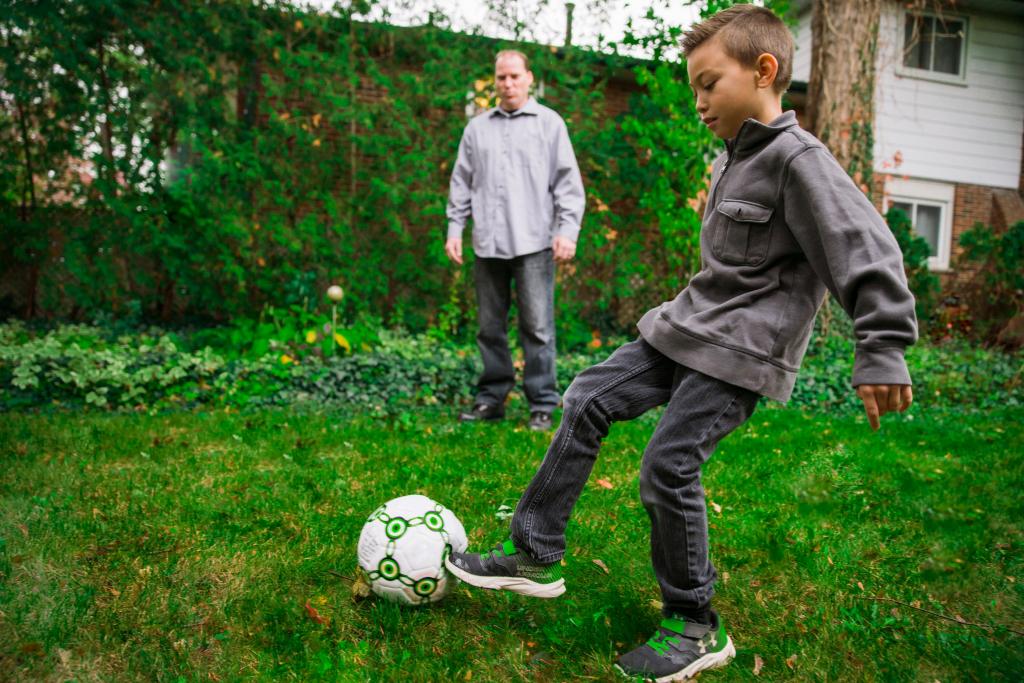The family courts have always recognised the crucially important role that fathers play in children’s lives. A judge made that point in ordering regular contact between a man and his two young sons notwithstanding that he had in the past subjected their mother to domestic abuse.
Since the parents separated at the end of a tempestuous 12-year relationship, they had been in dispute about a number of matters, including the education of their sons, aged 10 and eight, and the amount of time they spent with their father. An order was ultimately made, with the consent of both parents, that they should have staying contact with their father every other weekend.
The mother, however, subsequently applied to vary that order so that the boys would no longer stay overnight with their father. Asserting that he posed a risk to them, she cited two alleged incidents in which he was said to have caused them harm. She was not against the boys having a relationship with their father, but argued that they should not stay overnight with him unless they expressed a wish to do so.
Ruling on the case, the judge noted that, during the relationship, the father had been responsible for domestic abuse against the mother, causing her emotional and physical harm. The abuse had also caused emotional harm and the risk of physical harm to the children. However, he had since undergone anti-domestic abuse and anger management courses. Whilst not minimising or disregarding the seriousness of the abuse, the judge was satisfied that the father had not hurt either child and posed no current risk to either them or their mother.
The mother had failed to prove either that the father kicked one of the children in the stomach or that he pushed the other off a trailer, so that he ran away and hid up a tree. By undermining the father’s parental responsibility, she had damaged his relationship with the boys. She had changed their schools several times without consulting him and had, consciously or unconsciously, shared her deeply negative and hostile views of him with the children.
She had called the police to check up on him, rather than airing her concerns with him as a co-parent. She failed to share with him important information concerning the children’s health, education and welfare. She encouraged them to believe that she was the sole person in whom they could confide and that their home with her was the only safe place for them to be.
Although the boys had sometimes said that they did not want to see their father, that was more likely to be a result of the mother’s actions than their experiences with their father. The judge was satisfied that there was a risk of harm to the boys if their relationship with their father was not allowed to develop. The benefits of such a relationship outweighed any possible risk to them.
With a view to restoring the father’s parental authority, the judge ordered that the boys should have regular overnight contact with him, building up from fortnightly to become more frequent. They would stay with him for longer periods during school holidays and for up to a week during the summer. There would be no conditions attached to the contact; the father would not have to submit to alcohol or drug testing and no restriction would be placed on where he could take the boys. The judge emphasised that the contact should happen as ordered and that the boys should not be asked to decide whether or not they wished to see their father.
